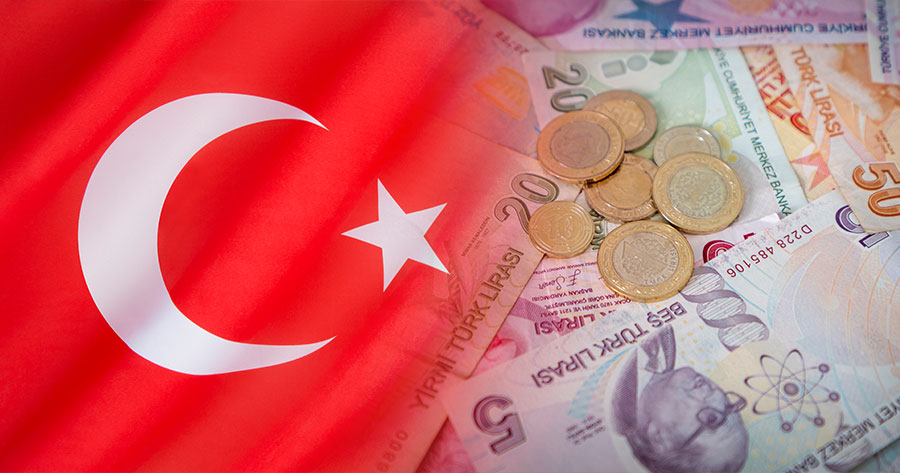After the Russian invasion of Ukraine, the President of Turkey, Recep Tayyip Ergogan has played the role of mediator, tried to bring the Russian President Vladimir Putin to the negotiation table. The reason behind that is Turkey got the highest inflation since two decades ago, due to the war.
The shutdown of grain exports from Ukraine affected many countries’ food prices and inflation around Central Asia and Northern Africa. In Turkey, the minimum wage can’t afford to feed the family now, according to euronews report.
The August inflation is at 58.9% YoY, rose from 48% in July, but still lower than the October 2022 peak at 85.5%, while the skeptics projected a higher number. The new Turkish central bank chief, Hafize Gaye Erkan raised its interest rate from 8.5% in June to 25% in August to fight inflation.
This is a sacrilege by Turkish policy makers, who have been playing with an interest rate like a rollercoaster since 2018. The Turkish rate was at around 7% to 8% before the sudden rise in 2018 to almost 25% peak and cut back through 2019 to 8% in 2020. Then, the policy makers raised it again to almost 20% in early 2021 and cut it down again to 8.5%.
Usually, central banks have to slowly raise the rate and hold until inflation is confirmed to cool down and slowly cut the rate later. The too sharp on either raise or cut will cause a shock to the borrowers, bond market and the currency.
Meanwhile, Turkey’s currency Lira is at the weakest in a decade or more. Currently, just 1 USD can trade for 26.8 TRY, compared to 1 USD for 1.5 TRY in 2006. This also exacerbates further inflation problems as Turkey needs food import to sustain its population.




